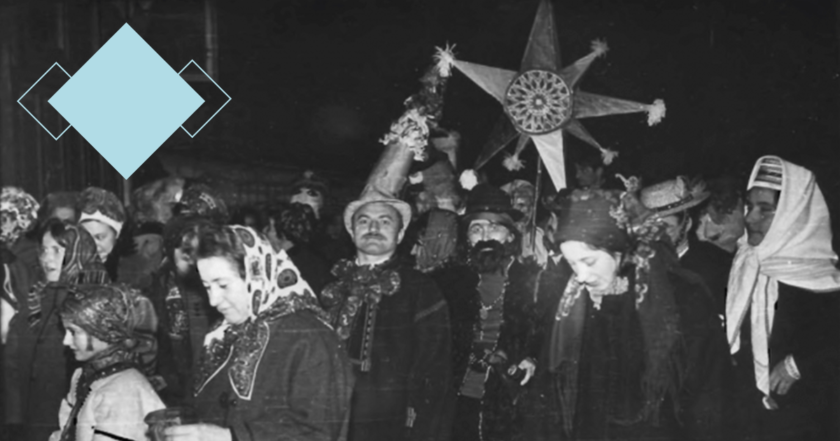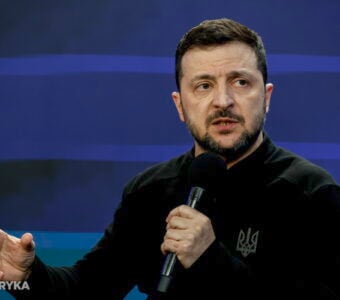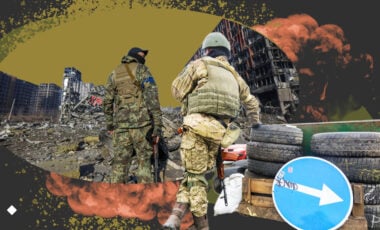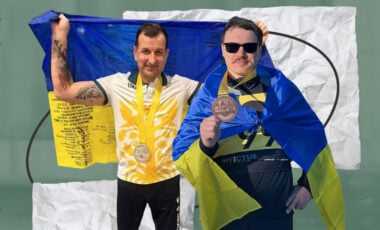"Arrested Koliada": what do we owe to Ukrainian dissidents and what can we learn from them?
Every year on January 12, the Day of the Ukrainian Political Prisoner, Ukraine honors people who have been arrested for their political beliefs.

What is the problem?
On January 12-14, 1972, the KGB of the Ukrainian SSR in Kyiv and Lviv arrested 14 members of the dissident movement accused of "Ukrainian bourgeois nationalism" and distributing underground press. Among them are Vasyl Stus, Viacheslav Chornovil, Yevhen Sverstiuk, Ivan Svitlychnyi, Stefania Shabatura, Iryna Stasiv-Kalynets. The next wave of arrests took place in April and May. In all, about a hundred people were arrested in Ukraine that year, most of them convicted of anti-Soviet activities. This was the beginning of mass repressions against the Ukrainian intelligentsia, which lasted almost continuously until the end of 1976.
"At any time, there is a group of radical people in society who are ready to sacrifice everything they have for an idea. Were it not for dissidents, we don't know whether we would be celebrating the 30th anniversary of independence because at some point they became a turning point in declaring independence. For example, in the series The Collapse: How Ukrainians Destroyed the Evil Empire by historian Oleksandr Zinchenko, the role of dissidents who went into politics is very clearly communicated," said Daria Hirna, UA:PBC presenter and director of the Center for Liberation Movement Studies.
This publication is available in Ukrainian and Russian. The English translation hasn’t been produced yet. Support us to make the translation faster - follow the link for instructions





















































